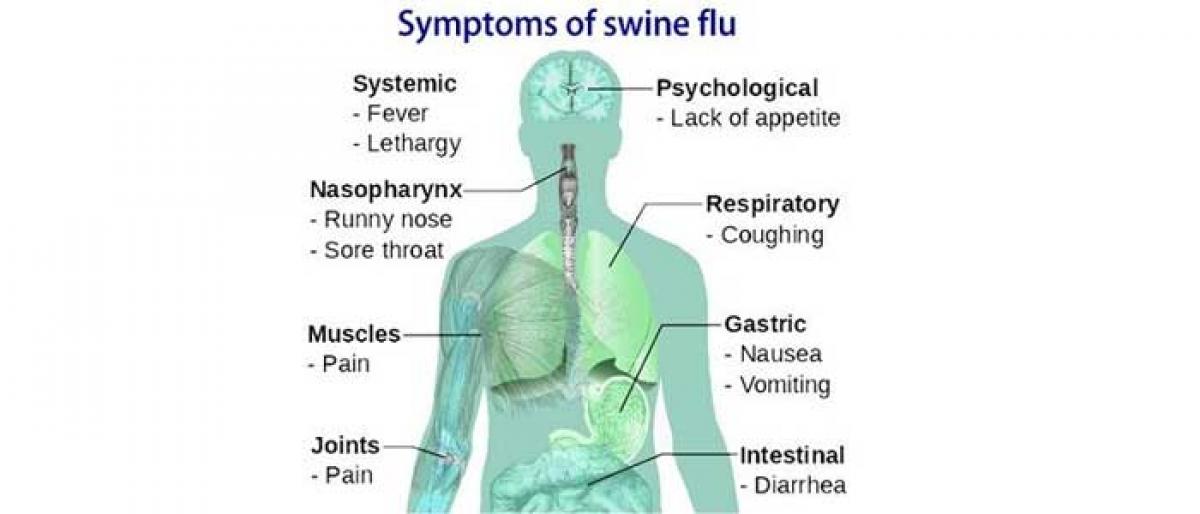Live
- MP: Celebrations of Birsa Munda's birth anniversary begin in presence of Guv, CM in Shahdol
- NGT seeks details of waste to energy plants not complying with norms
- Dev Deepawali 2024: Significance, Rituals, and How to Celebrate with Lamps
- Air quality in Kolkata dips to ‘very unhealthy’ category
- Air pollution may raise risk of lung cancer, asthma in children, say experts
- Yashoda Medicity organizes “Crown of Courage” ceremony to honor Cancer Survivors
- NCB, Gujarat ATS seize 500 Kg of drugs in joint op in Porbandar
- Senior citizens of all states to get 25pc bus fare concession in Andhra
- India’s total exports likely to surpass $800 billion in coming months: Industry
- Almost half of injury-related hospitalisations in Australia caused by falls: Report









